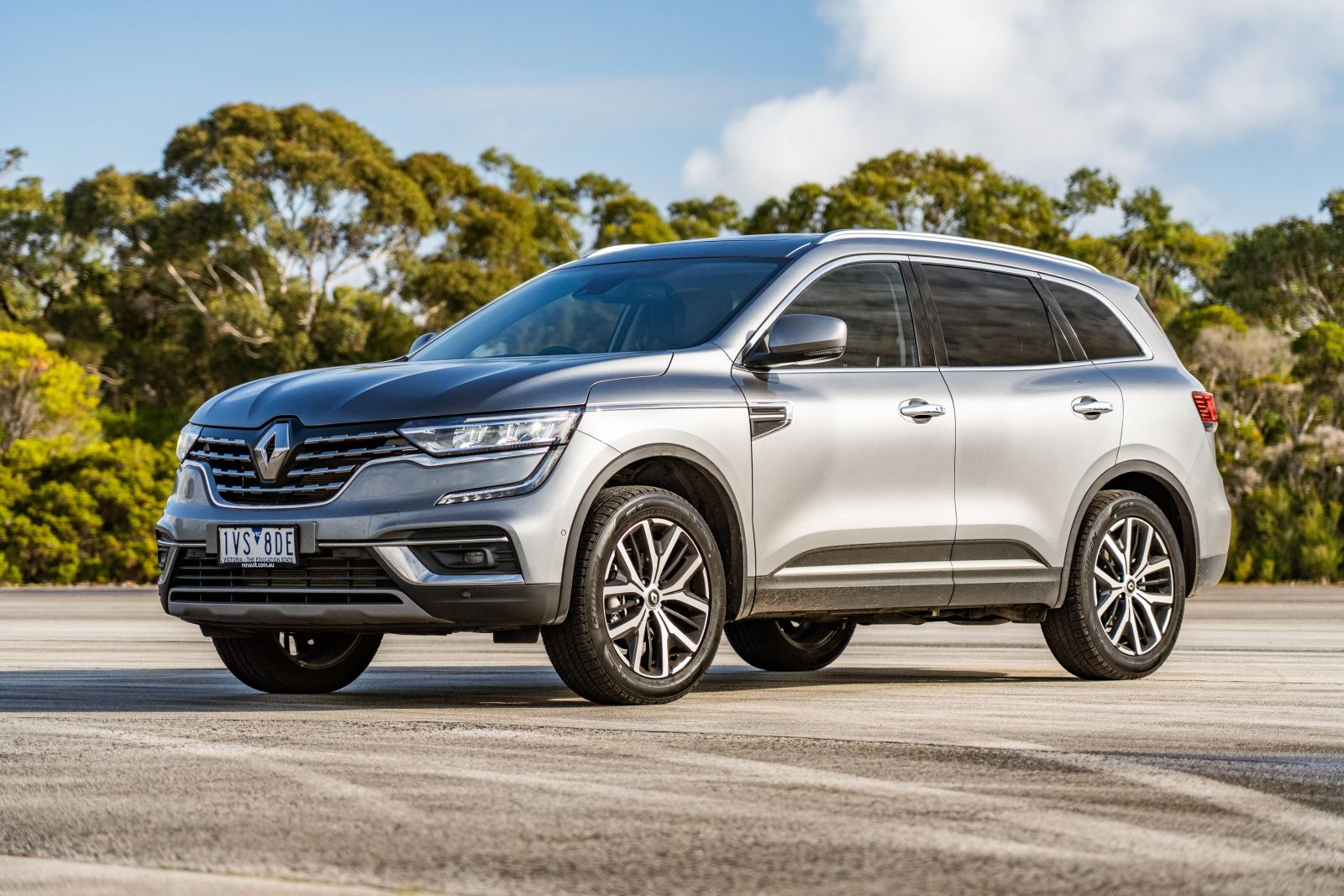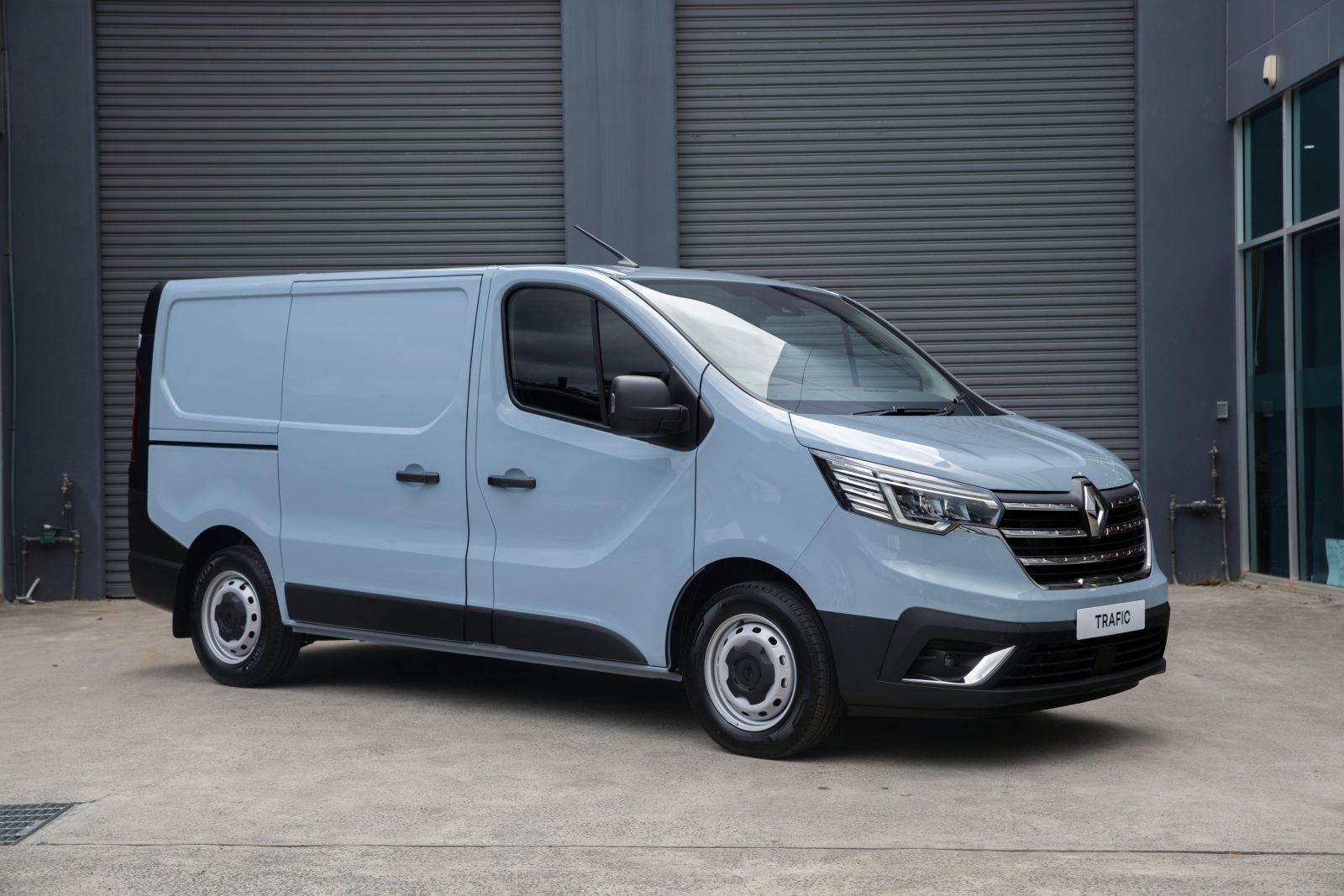French manufacturer Renault is set to continue its investment in the internal combustion engine (ICE) beyond the forced shift to electrification in European markets later this decade.
Having broken the business down into separate units – Horse, Ampere, Alpine and Mobilize and its recycling business Neutral – Renault is planning on developing fossil-fuel powered vehicles for the time being.
While Ampere will take care of electric vehicles and Alpine will remain performance-orientated, even as it transitions to being an EV brand, the ‘Horse’ division will invest substantially into the development of future-generation of ICE.
Renault Australia boss Glen Sealey told CarExpert electric vehicles still have some time to go before becoming affordable.
“The way we look at it, we see an ICE, we see an electric Renault and we see LCV Renault and we also have Alpine. So the internal combustion engine vehicles will consist today of Koleos, Captur, Arkana and then we would like to add to that but that would need to come from Horse projects,” Mr Sealey said.
“Then there are EV Renaults that are more expensive, that’s 75k [for a Megane E-Tech Electric], that notion that EVs will get cheaper I just haven’t seen it yet, at all.
“The reason we want to keep ICE as well as develop EVs, is that mobility is still available, for a person that lives in a small unit and can’t charge their EV and can only afford 35 grand… are they going to walk to work? They need mobility else they are forced into really old used cars.”
The internal combustion vehicles will also suit developing markets in Africa, China and the Middle East.
“There is no getting around the fact that an EV is much more expensive than an ICE and there is still a need for people at the lower end to have mobility so we think that’s important,” said Mr Sealey.
In saying that, the future of cars like the Koleos remains unclear with the current model set to be made for a few more years yet, with no word on the next generation as of yet.
The Korean-built SUV is effectively being replaced in Europe by the new, more SUV-like Espace, but will continue on in its current guise in other markets.
Renault Korea Motors is getting fresh product, however, with the company teasing its first Geely-based model late last year, following the Chinese automaker’s acquisition of a third of Renault Korea Motors.
The as-yet unnamed coupe crossover will be “designed, developed and produced in South Korea” and use hybrid powertrains.
Renault says it’ll launch an all-new line-up of hybrid models in the D-segment “based on the latest Geely-Volvo technologies for both local and export markets starting 2024”.
Geely and Renault’s tie-up goes far beyond a simple platform-sharing deal, however.
Renault’s combustion and hybrid powertrain manufacturing will be part of a joint venture, in which both it and Geely will have a 50 per cent equity stake.
The framework agreement is expected to be made formal in 2023, and the joint venture will also supply powertrains to Renault’s Alliance partners Nissan and Mitsubishi.
The two automakers estimate that, with their combined product portfolio and regional footprint, their joint venture could offer solutions for 80 per cent of the global internal combustion engine market.
Renault and Geely have plans for 17 powertrain plants spread across three continents staffed by a total of 19,000 people.
The new company will have a total production capacity of over five million internal-combustion, hybrid and plug-in hybrid powertrains and transmissions each year.
“ICE and hybrid engine technologies will remain a critical part of the automotive supply chain for decades to come. We’ll be able to offer best-in-class powertrain and electrified solutions to multiple OEM brands worldwide, unleashing the market potential for this low-emission technology,” said Renault CEO Luca de Meo.
Renault says internal-combustion and hybrid vehicles will still represent up to 50 per cent of passenger car sales worldwide by 2040.





